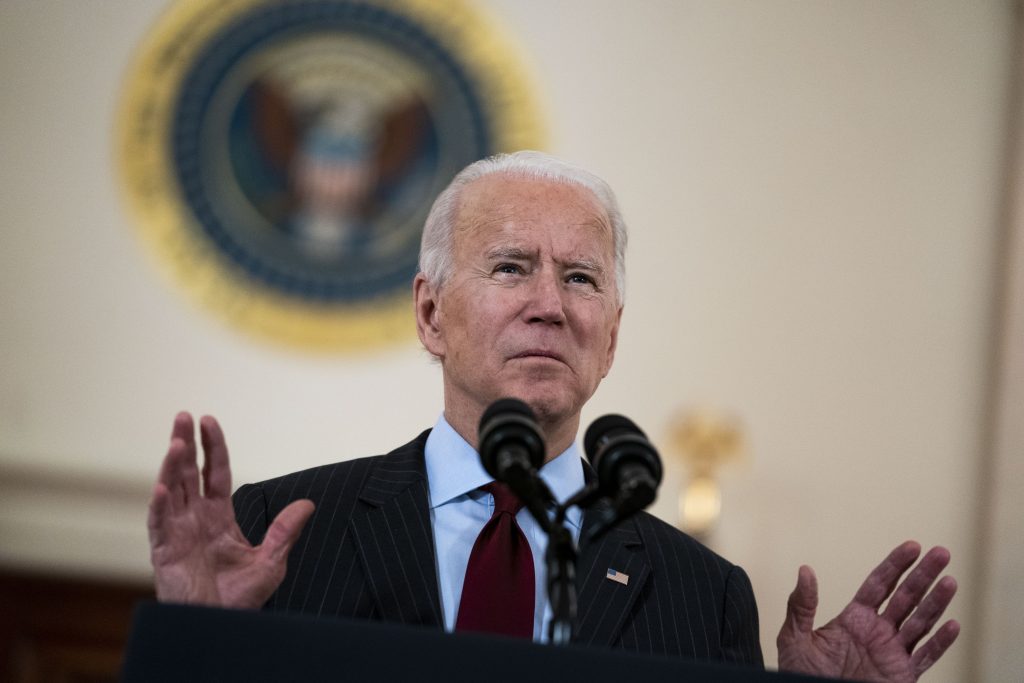Former President Joe Biden has been diagnosed with prostate cancer, his office confirmed on Sunday. The diagnosis follows a visit to his doctors last week, where he reported urinary symptoms. A prostate nodule was discovered, leading to the diagnosis on Friday, which revealed that the cancer cells had spread to his bones.
Biden’s office commented on the situation, stating, “While this represents a more aggressive form of the disease, the cancer appears to be hormone-sensitive which allows for effective management.” The Biden family is currently exploring treatment options with medical professionals.
Prostate cancers are evaluated using a Gleason score—a system that measures the appearance of cancerous cells in comparison to normal cells, on a scale of 1 to 10. Biden's Gleason score was reported as 9, indicating that his cancer is among the most aggressive types. When prostate cancer metastasizes, it often spreads to bones, resulting in more complex treatment requirements. The spread makes it difficult for medication to completely eradicate the disease; however, hormone-sensitive cancers like Biden's can respond well to treatments that limit hormone availability to tumors.
In response to Biden's diagnosis, political leaders from various parties have sent their well wishes. Former President Donald Trump, a longtime political rival, expressed his sadness regarding the news on social media, wishing Biden a swift and successful recovery. Vice President Kamala Harris shared that she and the Biden family are keeping him in their “hearts and prayers” during this challenging time. She emphasized her belief in Biden’s strength and resilience, stating, “Joe is a fighter—and I know he will face this challenge with the same strength, resilience, and optimism that have always defined his life and leadership.”
Biden's health has been a significant concern among voters during his presidency. In recent months, he faced intense scrutiny over his age and health following a difficult debate performance in June while seeking re-election, which ultimately led to the discontinuation of his campaign. Following his withdrawal, Harris became the party's nominee but lost to Trump, who returned to the presidency after a four-year absence.
Despite ongoing concerns about his age, Biden has dismissed apprehensions in light of revelations from the book "Original Sin" by Jake Tapper and Alex Thompson, which suggested that aides had minimized the public's awareness of his health challenges during his presidency. In February 2023, he underwent the removal of a skin lesion identified as basal cell carcinoma, a common form of skin cancer. Additionally, in November 2021, he had a benign polyp removed from his colon that posed potential pre-cancerous risks.
In 2022, Biden initiated a "cancer moonshot" as a priority for his administration, aiming to halve the cancer death rate over the next 25 years. This initiative is rooted in his previous efforts as vice president to combat cancer—a cause deeply personal to him following the death of his older son, Beau, from brain cancer in 2015. When announcing this ambitious goal, Biden remarked on the potential for a momentous outcome, stating it could demonstrate to both the American public and the world that significant achievements are possible.












